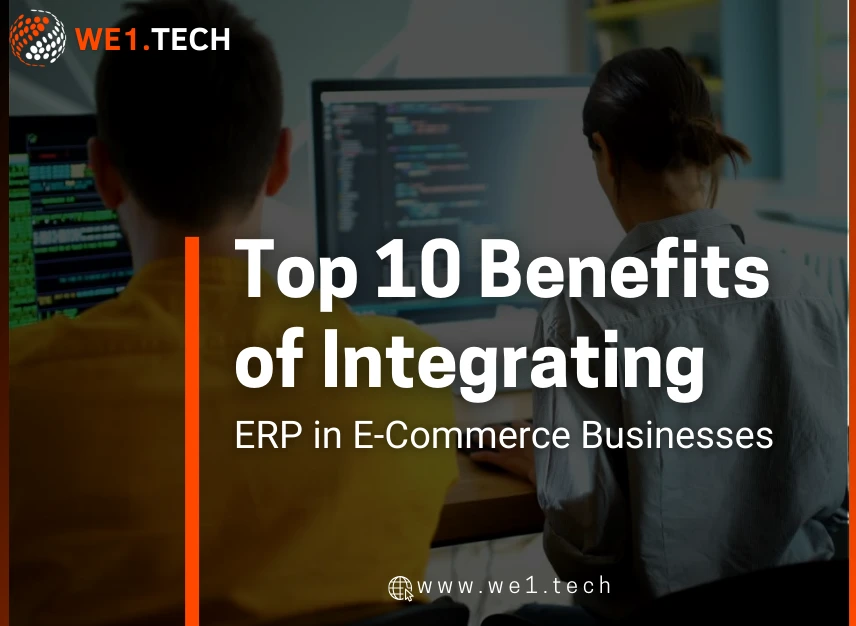
Ever wondered how online stores run their operations in today's dynamic world of digital shopping? How do e-commerce giants handle their inventory levels, orders, and customer data?
The e-commerce industry today is highly competitive and fast-paced. Success here means meeting consumer demands with accuracy and speed. One key technology that helps achieve this is Enterprise Resource Planning (ERP).
ERP software plays an important role in e-commerce by streamlining operations and giving real-time visibility. It manages inventory, sales-purchase, orders, customer relationships, and finances. By centralizing these tasks, companies can improve productivity, decision-making, and customer experiences.
In this blog post, we will explore the top 10 benefits of integrating ERP in e-commerce businesses. So, let's get started!